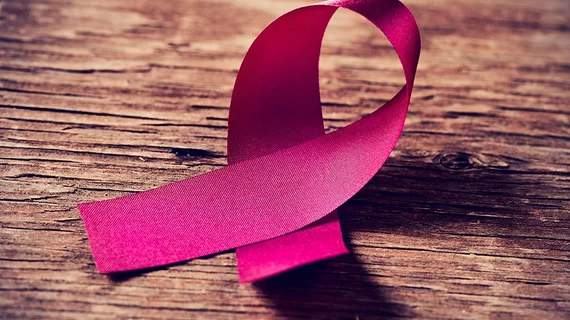Updated ACR/SBI breast cancer screening guidelines recognize higher risk in black women
The American College of Radiology (ACR) and Society of Breast Imaging (SBI) released updated breast cancer screening guidelines, April 4—the first to recognize black women face higher risks for the disease and should be screened accordingly.
"Since 1990, breast cancer death rates dropped 23 percent in African-American women—approximately half that in whites. We changed our approach to help save more African-American women and others at higher risk from this deadly disease," said Wendy B. DeMartini, MD, in the statement.
Additionally, the ACR and SBI now recommend all women have a risk assessment at age 30 to determine if cancer screening is needed before the traditional age 40 guideline. The update also suggests an MRI for women previously diagnosed with breast cancer.
"The latest scientific evidence overwhelmingly supports a continued general recommendation of starting annual screening at age 40. It also supports augmented and earlier screening for many women. These updates will help save more lives," said Debra Monticciolo, MD, and chair of the American College of Radiology Breast Imaging Commission.

